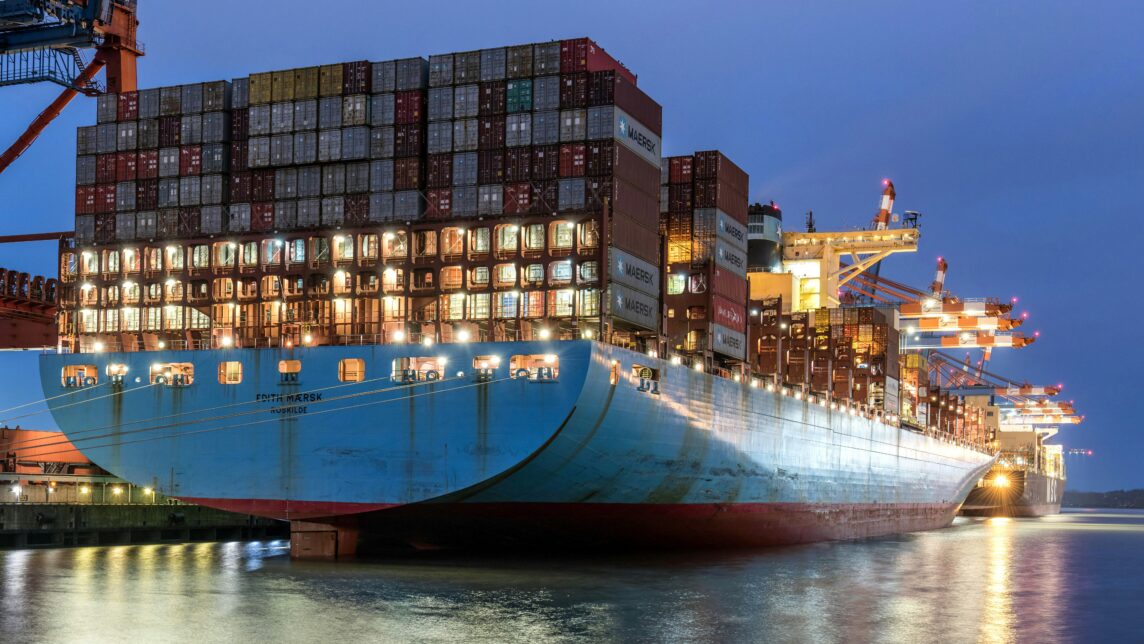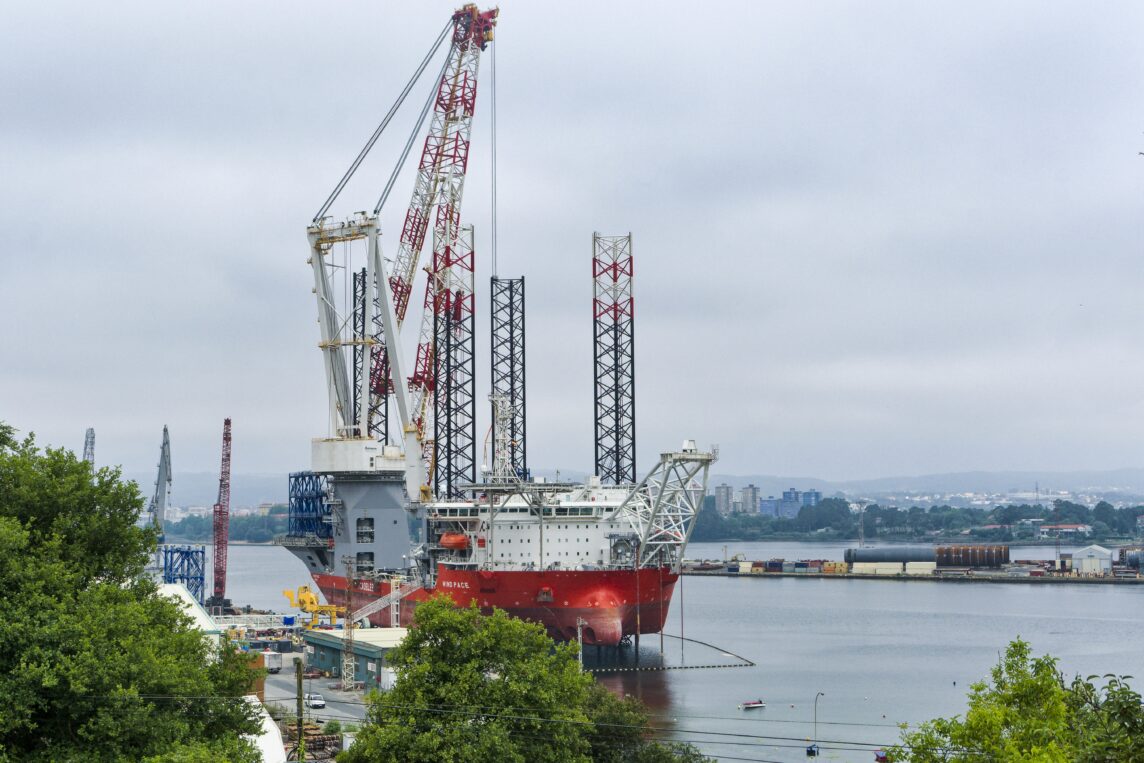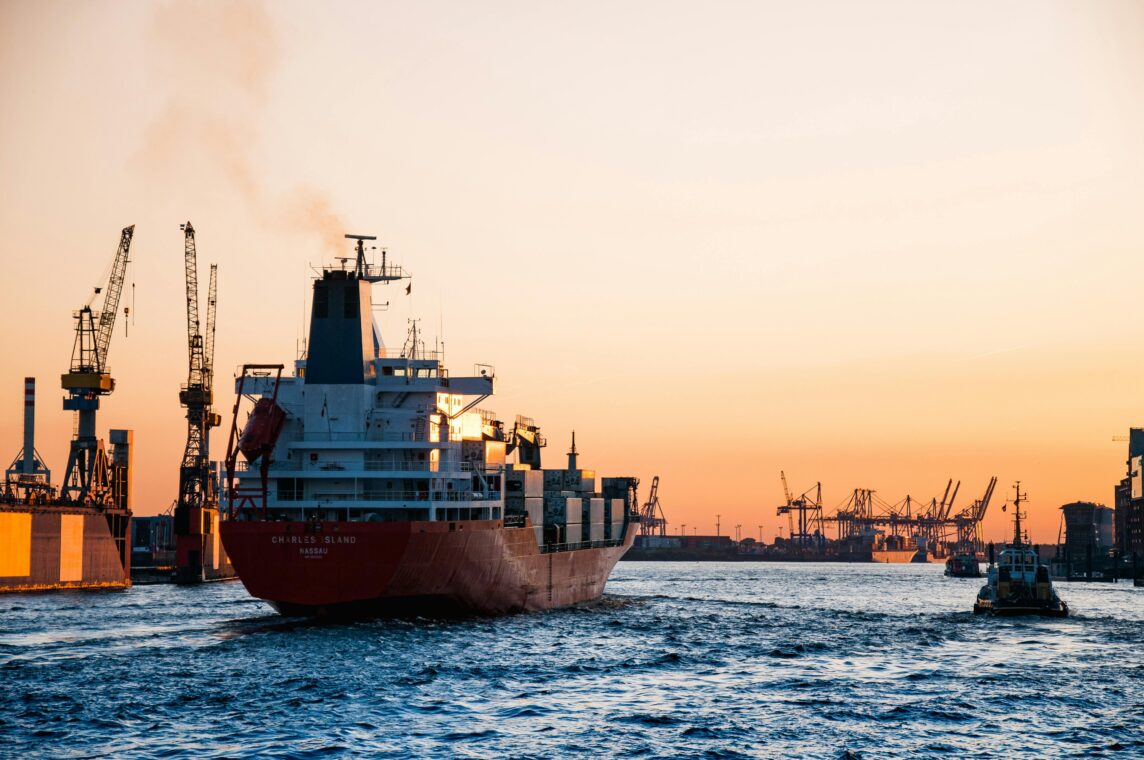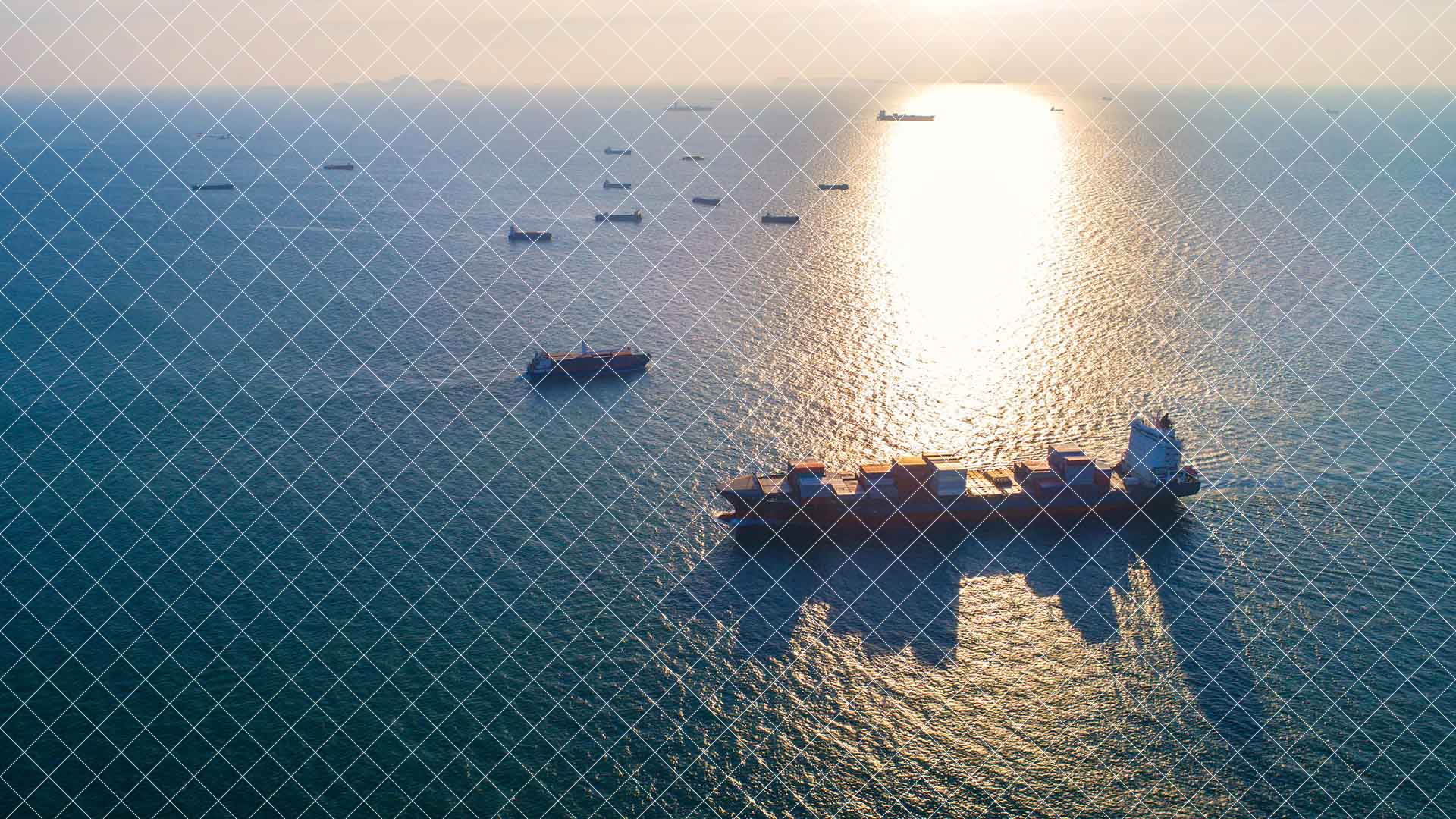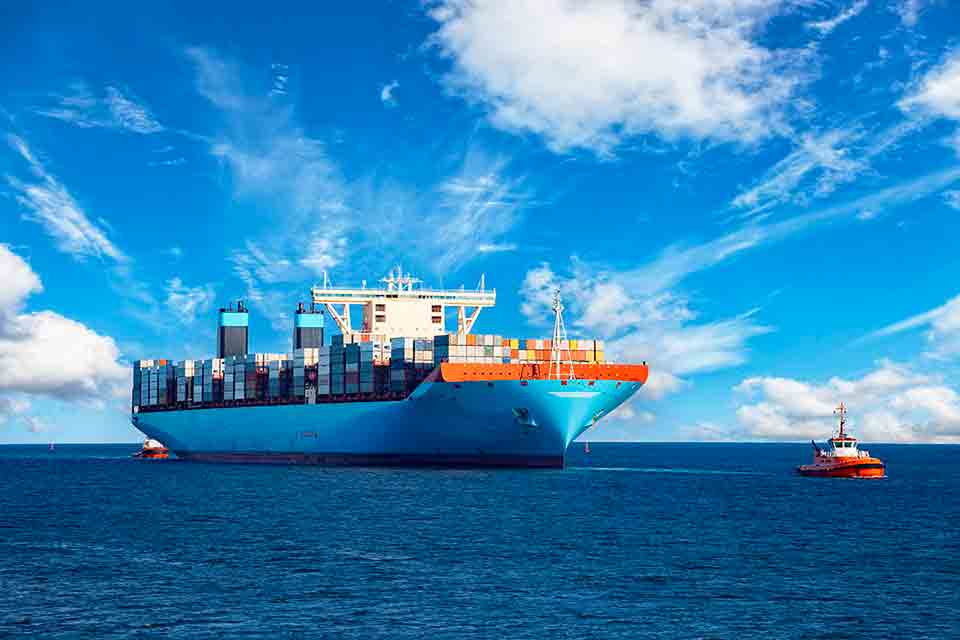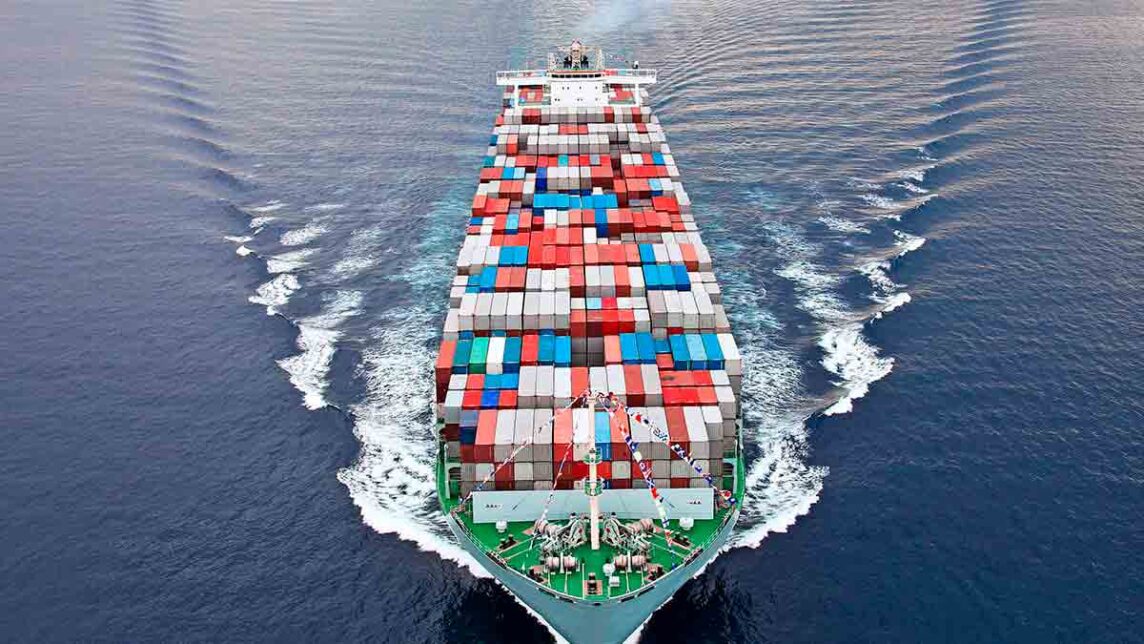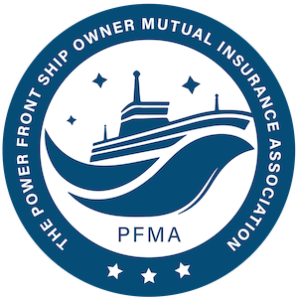Dear Members and Valued Partners,
I am pleased to share with you a positive update on the continued growth and development of our Association.
Over the past year, we have seen strong momentum in membership expansion. For the upcoming 2025–2026 subscription period, we welcome 63 newly joined vessels, representing over 4 million gross tons of additional tonnage. This significant increase reflects growing confidence in our underwriting strength, claims handling expertise, and member-focused service model.
We are now preparing to release the premium rates and terms for the next subscription year. To ensure timely placement of your cover, we strongly advise all shipowners to contact their brokers at the earliest opportunity to obtain updated quotations and policy details.
In addition to our core P&I coverage, we are also pleased to report substantial growth in our ancillary insurance offerings. Business lines such as Charterers’ Liability Insurance and Cargo Insurance have experienced notable uptake, demonstrating our ongoing commitment to providing comprehensive risk solutions across the maritime value chain.
As Managing Director, I reaffirm our dedication to delivering professional, reliable, and responsive services to all members. We remain focused on enhancing operational efficiency, expanding global support networks, and strengthening our financial resilience to meet evolving industry challenges.
Thank you for your continued trust and partnership. Should you have any questions, please do not hesitate to reach out through your broker or directly via our official channels.
Sincerely,
The Power Front Ship Owner Mutual Insurance Association
The Board of Directors
